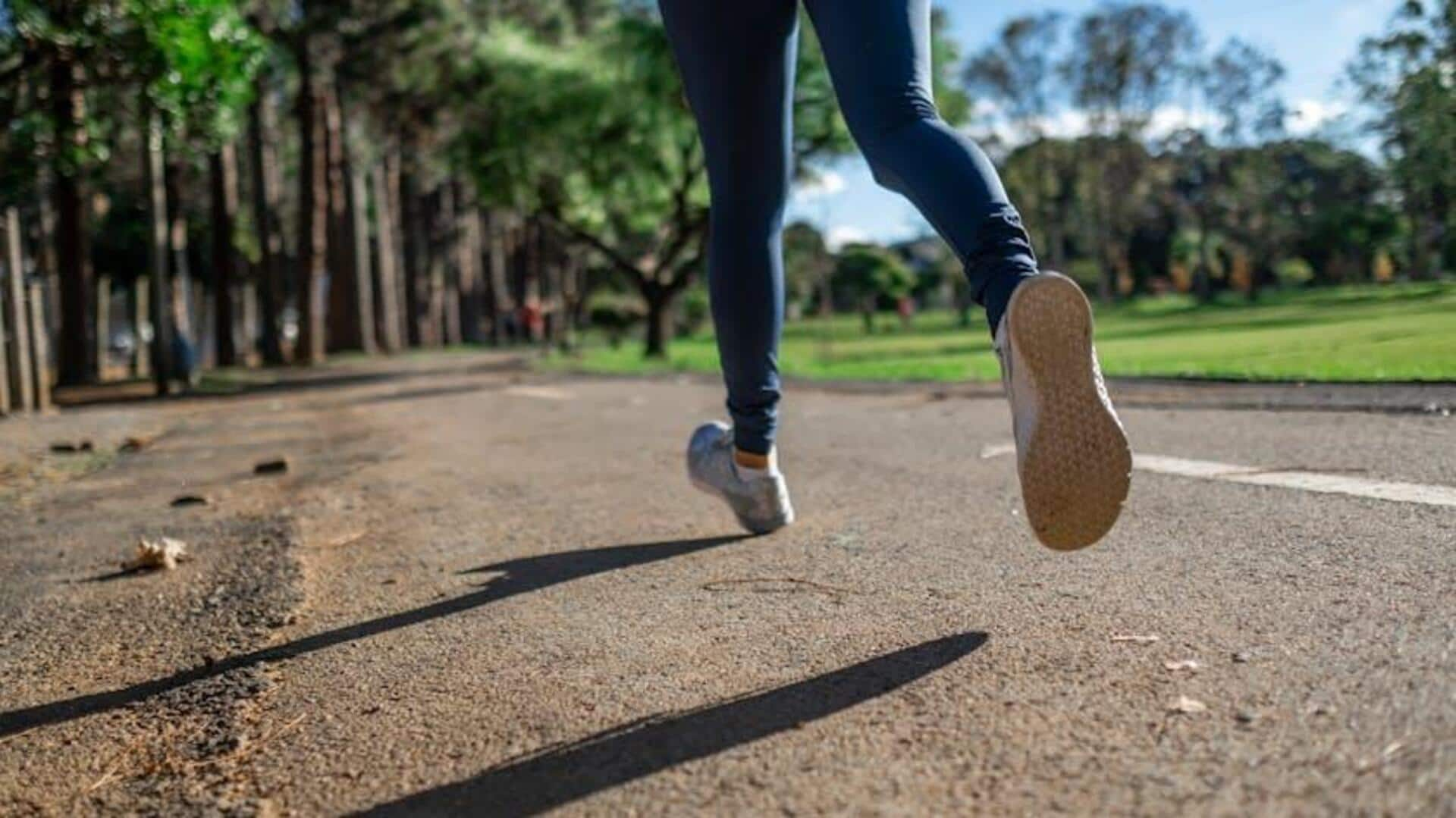
Does morning exercise boost your metabolism? Let's find out
What's the story
The popular notion that working out in the morning increases metabolism and helps burn more calories throughout the day, is put to test.
In this article, we explore how metabolism actually works and how the time of your workout impacts your metabolism.
We aim to bust some myths and give you the real deal on morning workouts and metabolism.
#1
Metabolism basics explained
Metabolism signifies the chemical processes in our bodies that convert food into energy.
It has two main components: basal metabolic rate (BMR) and physical activity level.
BMR makes up about 60% to 75% of daily energy expenditure, while physical activity makes up 15% to 30%.
Timing of exercise doesn't make much of a difference in BMR, which remains relatively constant no matter when you workout.
#2
Impact of exercise timing on calorie burn
While working out at any hour can amplify calorie burn, studies indicate that time of day has little effect on total energy expenditure.
Morning workouts may improve alertness and mood because of higher endorphin levels, but don't necessarily burn more calories than evening workouts.
The secret is to stick to an exercise routine, not the time of day to workout.
#3
Role of circadian rhythms in exercise efficiency
Circadian rhythms affect body temperature, hormone levels, and other physical processes during the day.
Some studies suggest that late afternoon or early evening might be the best time to exercise as body temperature and muscle function peak during these hours.
However, personal preferences and schedules usually determine the workout time more than circadian rhythms.
#4
Importance of consistency over timing
While workout timing is important for some, the key to long-term health benefits is consistency in leading an active lifestyle.
Regular workouts improve cardiovascular health, help strengthen muscles and improve mental well-being, whether you do them in the morning or evening.
Routines that suit your personal preferences are what you can stick to over the long run.
#5
Personal preferences matter most
Ultimately, your personal preference plays a major role in deciding when you should work out.
Some people feel more pumped up in the morning while others like evenings after they finish their daily tasks.
Picking a time based on personal comfort ensures better adherence to fitness routines without stressing out about the metabolic impacts of workout timing alone.